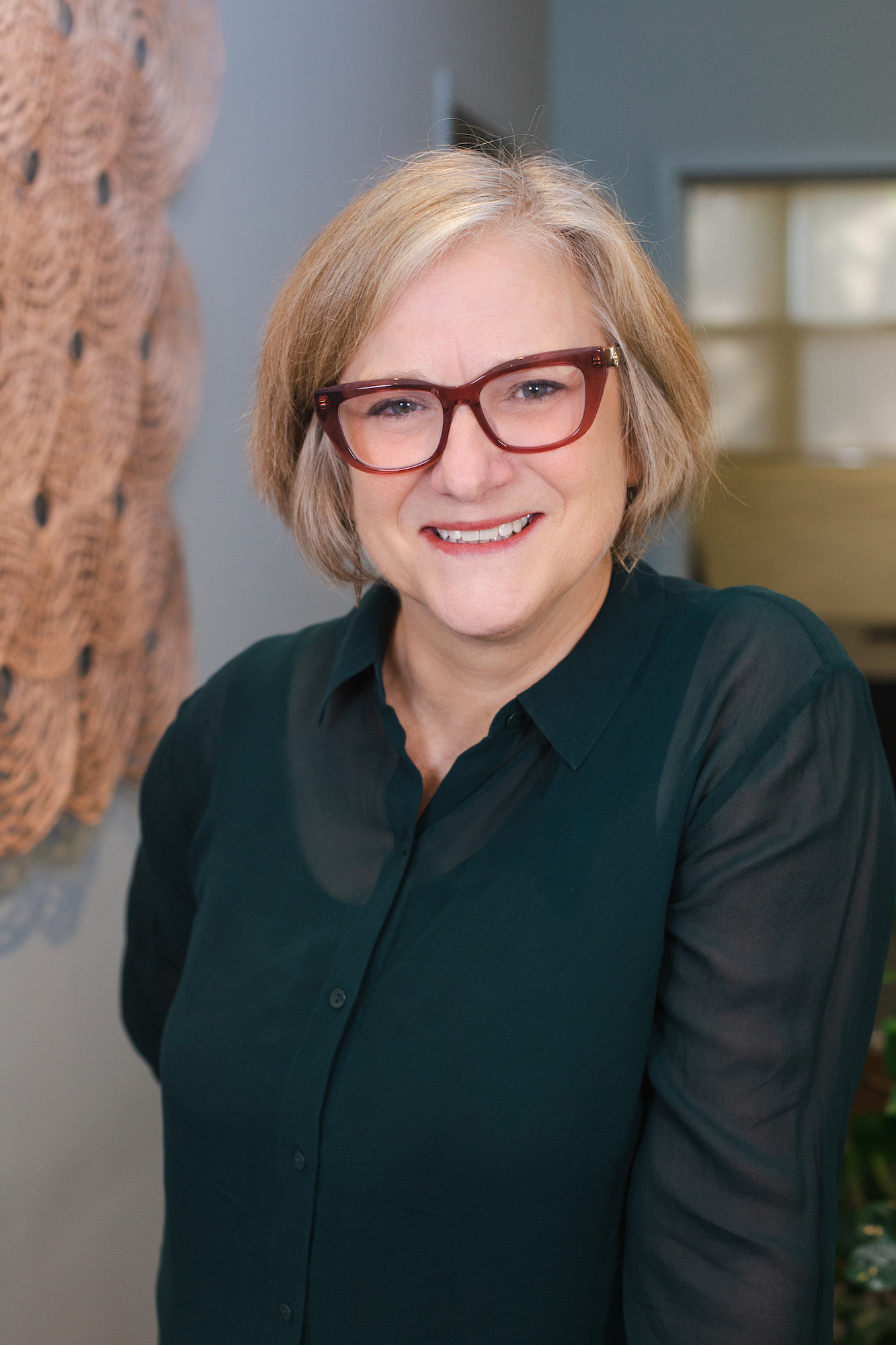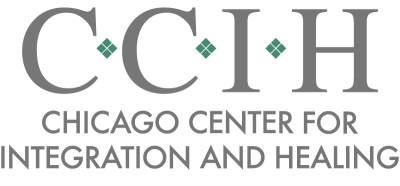Amy Zajakowski Uhll, LCPC
CCIH Director

Amy Zajakowski Uhll, LCPC
CCIH Director
773.754.7441 X 2011
Pronouns: she/her/hers
Amy Zajakowski Uhll is the founder and director of the Chicago Center for Integration and Healing. For more than 30 years, Amy has been committed to exploring the harm caused by traumatic experiences. She helps individuals discover their own unique journey toward healing and supports other therapists in their work with trauma.
Amy spent the early years of her career working in community mental health. Her experience there deepened her awareness that there is no single approach that can treat all of human suffering, and she began her career-long interest in integrating body-centered and neurobiological approaches with more relational and developmental work. She specializes in complex and developmental trauma and dissociative disorders.
In 2011, Amy founded CCIH as part of her ongoing mission to create a community centered around the treatment of trauma. At CCIH, Amy had a lead role in creating the center’s treatment philosophy, therapist training programs and Integrated Practices curriculum. In addition, she has created and facilitated many professional development workshops and offered trauma-informed training and consultation to individual therapists, group practices, social service agencies and other groups.
Amy understands that trauma reverberates at all levels of human experience: the individual, relational, communal and societal. She supports therapists as they interrogate their own history of wounding, implicit biases and present experience in the development of their own authentic approach to healing work. She holds that the healing of traumatic experiences is an essential agent of social change.
Amy is originally trained in psychodynamic treatment and graduated with her Master’s in Counseling Psychology from Northwestern University in 1991. She also completed the Level 1 Training for the Treatment of Trauma (2006) and Level II Emotional Processing, Meaning Making and Attachment Repair (2018), through the Sensorimotor Psychotherapy Institute of Boulder, CO.
Articles written by Amy Zajakowski Uhll, LCPC
-

Practicing Together: Therapy in Uncertain Times
There has been a shooting. The Supreme Court has handed down a ruling. Bombs have been dropped. Floodwaters are rising. Fire is raging. As I reach for my phone to read the news, I am immediately flooded with emotion by the coverage and commentary that fill my feeds. I am aware of feelings of anger,…
-

Our Essential Concepts: An Integrated Approach
There is no single model that can address all the complexity of human experience and suffering. Therefore, it is important that we wrestle with the task of integrating neurobiological understanding with relational approaches to develop an approach that is unique to each person with whom we are on the journey.
-

Our Essential Concepts: Therapist Experience
At CCIH our work with clients and our professional development is grounded in four essential concepts: an Integrated Approach, an Anti-Oppression Lens, the Therapist Experience, and Community Formation. In this series, CCIH Director Amy Zajakowski Uhll expands on each of these concepts and why we believe they are necessary for effective trauma-informed treatment. Research has…
-

Our Essential Concepts: Community Formation
The essential work of treating complex trauma and human relationships is best done in the context of a professional community. Community can provide the support and accountability that is essential to an ongoing practice.
-

Our Essential Concepts: Anti Oppression Lens
Traumatic wounding is not only potentially part of someone’s history, it may also be part of their ongoing present. Systems of oppression create harm, impact individuals and their relationships, and diminish central nervous system regulation in a real and measurable way. Contacting and naming the impact of oppression through the patient’s life story is a…
-
March 19th: Vote to Bring Chicago Home
Bring Chicago Home will establish city funding to address homelessness and invest in affordable housing that can create longstanding solutions.
-

Remembering What We Know About Trauma
Though it can seem like “Trauma-informed treatment” is a recent concept in the field of mental health, awareness of the impact of traumatic events has been present since the beginning of contemporary mainstream psychological thought.
-

Seeing Suicidal Ideation through a Trauma-Informed Lens
“I don’t want to be here anymore.” These words strike fear in the hearts of all therapists. They remind us of the reality that pain may be so deep and pervasive that someone would think of ending their life. They also raise questions of our legal and moral responsibility for the lives of others. The…
-

Food, The Body, and Trauma and Attachment
The Body Isn’t the Problem; it’s the answer. – Rachel Lewis-Marlow In our CCIH Study Group in August we decided to change up our usual routine and discuss a podcast. We choose Food, The Body, and Trauma and Attachment with Guests Paula Scatoloni & Rachel Lewis-Marlow from the Therapist Uncensored podcast series. I have often…
